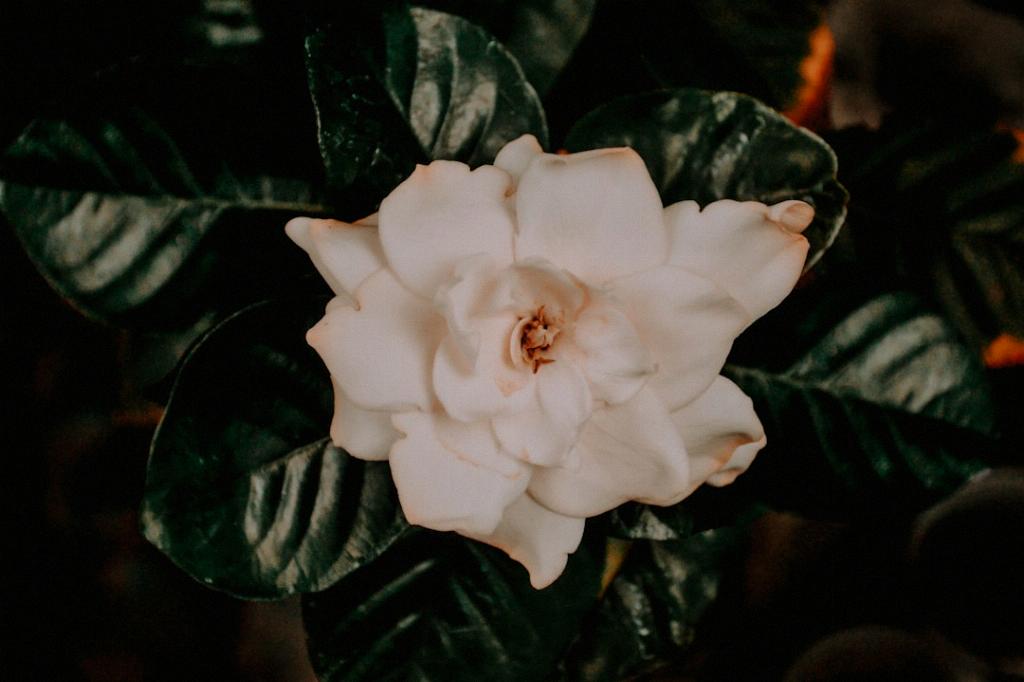When it comes to the question of whether gardenias are poisonous, the answer is not as straightforward as one might think. There are specific types of gardenias that can indeed be toxic to certain animals such as dogs, cats, and horses. However, it is essential to note that in most cases, the toxicity levels are relatively mild, resulting in symptoms like diarrhea and hives.
Despite the potential risks gardenias pose to our furry companions, it is crucial to highlight that these plants are generally safe for humans. Every part of the gardenia plant, including the leaves, seeds, flowers, and roots, is considered non-toxic to us. This means that for human beings, indulging in the beauty and fragrance of gardenias typically comes with no significant health risks.
For pet owners, though, the situation may vary depending on the specific animal. Dogs, cats, and horses may be more susceptible to the toxic effects of certain gardenia species. Therefore, it is essential for pet owners to exercise caution when introducing these plants into their homes or gardens, ensuring that their beloved pets are kept safe from potential harm.
It is important to be aware of the specific type of gardenia you are dealing with to determine its potential toxicity levels accurately. Some gardenia varieties may contain compounds that could be harmful to animals if ingested, while others may pose little to no risk at all. Being informed about the particular species you have is crucial in creating a safe environment for both your pets and yourself.
While it is true that gardenias can be toxic to certain animals, it is worth emphasizing that cases of severe poisoning from these plants are relatively rare. The most common symptoms experienced by animals after ingestion typically involve mild gastrointestinal issues and skin irritation. It is essential to seek veterinary care if you suspect your pet has ingested gardenia and is exhibiting any concerning symptoms.
When it comes to human health, gardenias are generally considered safe and non-toxic. So, if you are a gardenia enthusiast looking to add these lovely plants to your indoor or outdoor space, you can do so with confidence. Enjoying the beauty and fragrance of gardenias should bring you joy and tranquility without any major health concerns.
However, if you have curious pets around, it is crucial to take precautions to safeguard them from potential gardenia-related risks. Whether it’s keeping the plants out of their reach or closely monitoring their interactions with gardenias, being proactive is key to ensuring the well-being of your furry friends.
Overall, the question of whether gardenias are poisonous is not a simple yes or no answer. While these plants may pose risks to some animals, they are generally safe for humans. By understanding the specific species of gardenia you have and taking necessary precautions, you can create a harmonious environment where both your beloved pets and your love for gardenias can coexist peacefully.
In conclusion, while gardenias can be toxic to certain animals, their overall risk to human health is minimal. It is essential to be mindful of the potential dangers gardenias may present to pets and take steps to mitigate any risks accordingly. By staying informed and practicing responsible pet ownership, you can continue to enjoy the beauty of gardenias while keeping your furry companions safe and healthy.

